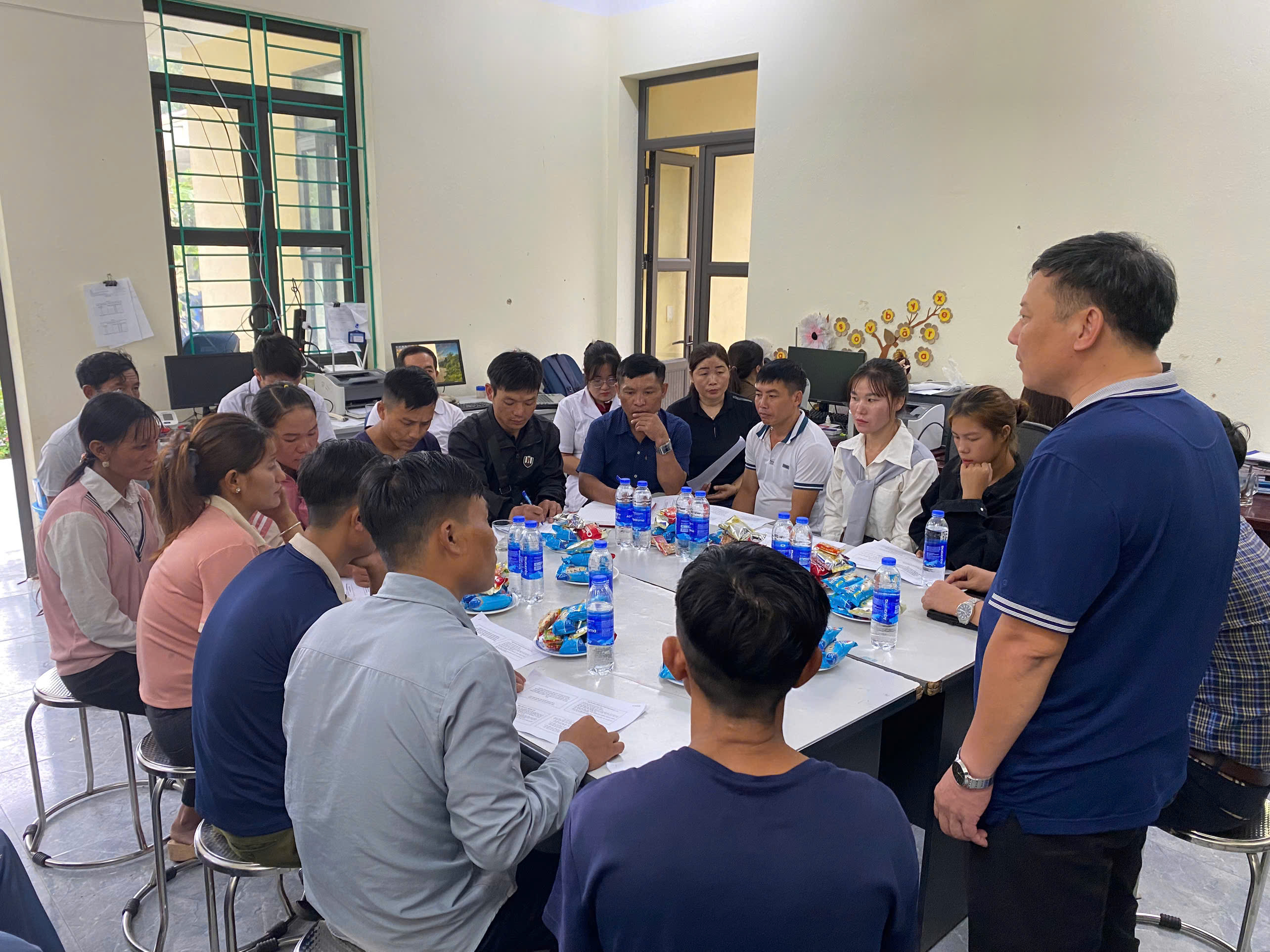
Port Moresby, 6 May 2025 – The inaugural EDEN Initiative Regional Coordination Meeting commenced today in Port Moresby, PapuaNew Guinea. Hosted by the Honourable Elias Kapavore, Minister of Health of Papua New Guinea, representatives from Indonesia, Papua New Guinea, Solomon Islands, and Vanuatu came together to define shared priorities and accelerate progress toward a malaria-free Central Indo-Pacific region. This landmark gathering is a direct outcome of the Eliminating Malaria and other Vector-Borne Diseases through Enhanced Regional Partnerships (EDEN) Initiative—a collaboration endorsed by health ministers from Indonesia, Papua New Guinea, Solomon Islands, Timor-Leste, and Vanuatu during the 8th Asia Pacific Leaders’ Summit on Malaria Elimination in 2024. In the WHO South-East Asia and Western Pacific Regions, 75%of malaria cases occur in these five countries.
The ambition of the EDEN Initiative is to catalyse major leaps in malaria elimination across the region—from the northwestern city of Sabang, Indonesia to the southernmost province of Tafea, Vanuatu—by advancing innovative, large-scale solutions. This effort is expected to not only bolster regional health security but also unlock economic benefits for communities across the region.
One central issue of the meeting was the urgent need to address the impact of climate change on malaria transmission. Changes in temperature, precipitation, and extreme weather have had direct effects on malaria transmission due to increased rates of parasitic and vector development, vector activity and bite rate, and vector breeding sites. The Central Indo-Pacific faces an escalating risk of climate-induced shocks, altering malaria transmission dynamics and straining health system capacities, placing significantly more people at heightened risk of disease
To achieve a malaria-free Central Indo-Pacific, the EDEN Initiative seeks vital support from funders for innovative projects that promise significant progress but are beyond the reach of domestic financing alone. The inaugural meeting of representatives endorsed four transformative approaches to realize this vision.
A foundational subnational tailoring program is essential to empower Papua New Guinea, Solomon Islands, and Vanuatu in implementing context-specific, resource-optimized strategies. Establishing a robust regional network of laboratories and support systems will enhance diagnostics, surveillance, and rapid response capabilities. Furthermore, a regional cross-border data platform is needed to improve early detection, facilitate coordinated rapid responses, and manage imported cases across shared borders.
Finally, scalable demonstration projects will be implemented in specific high- and low-burden areas within each country. In high-burden settings, these projects will utilize community health workers, innovative larval source management, vector control, and strengthened surveillance to increase access to diagnosis and treatment and reduce parasite reservoirs. In low-endemic areas, the focus will be on highly sensitive surveillance, rapid case containment, and robust mechanisms to prevent re-establishment. The successful strategies and lessons learned from these projects will accelerate national and regional efforts towards a malaria-free Central Indo-Pacific.
Honourable Minister for Health of Papua New Guinea, Elias Kapavore, emphasized the urgency to fight the diseases and reaffirmed Papua New Guinea’s commitment, stating:
“Our country has one of the highest rates of malaria in the Western Pacific region, with nearly one million cases reported annually. Papua New Guinea remains committed to the EDEN Initiative, and alongside our key partners and technical experts, we are establishing the foundation for a collaborative effort that will outline our shared priorities and strategies. We gather here not just to discuss and deliberate, but to take concrete actions."
Amidst these daunting challenges, the Asia Pacific region is rising to the occasion, reshaping its approach to health initiatives by embracing ownership and decisively acting on the EDEN call to action. This spirit of regional leadership and collaboration will continue to guide the way forward, as the Ministers of Health from the five EDEN countries prepare to further advance the initiative at the 9th Asia Pacific Leaders’ Summit on Malaria Elimination in Indonesia this June 16-17. Together, they are charting a course toward a healthier, malaria-free future for all.
.svg)









